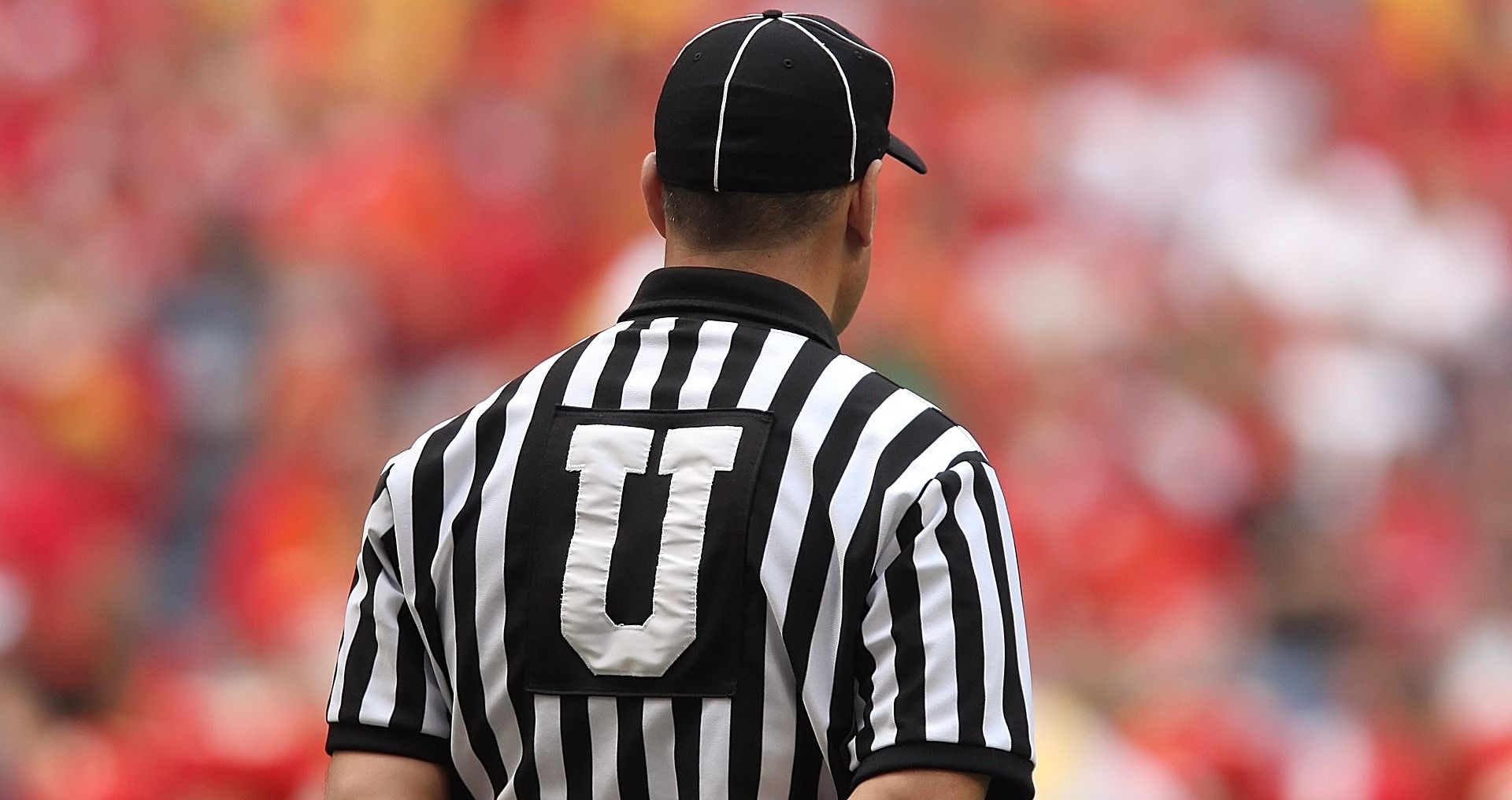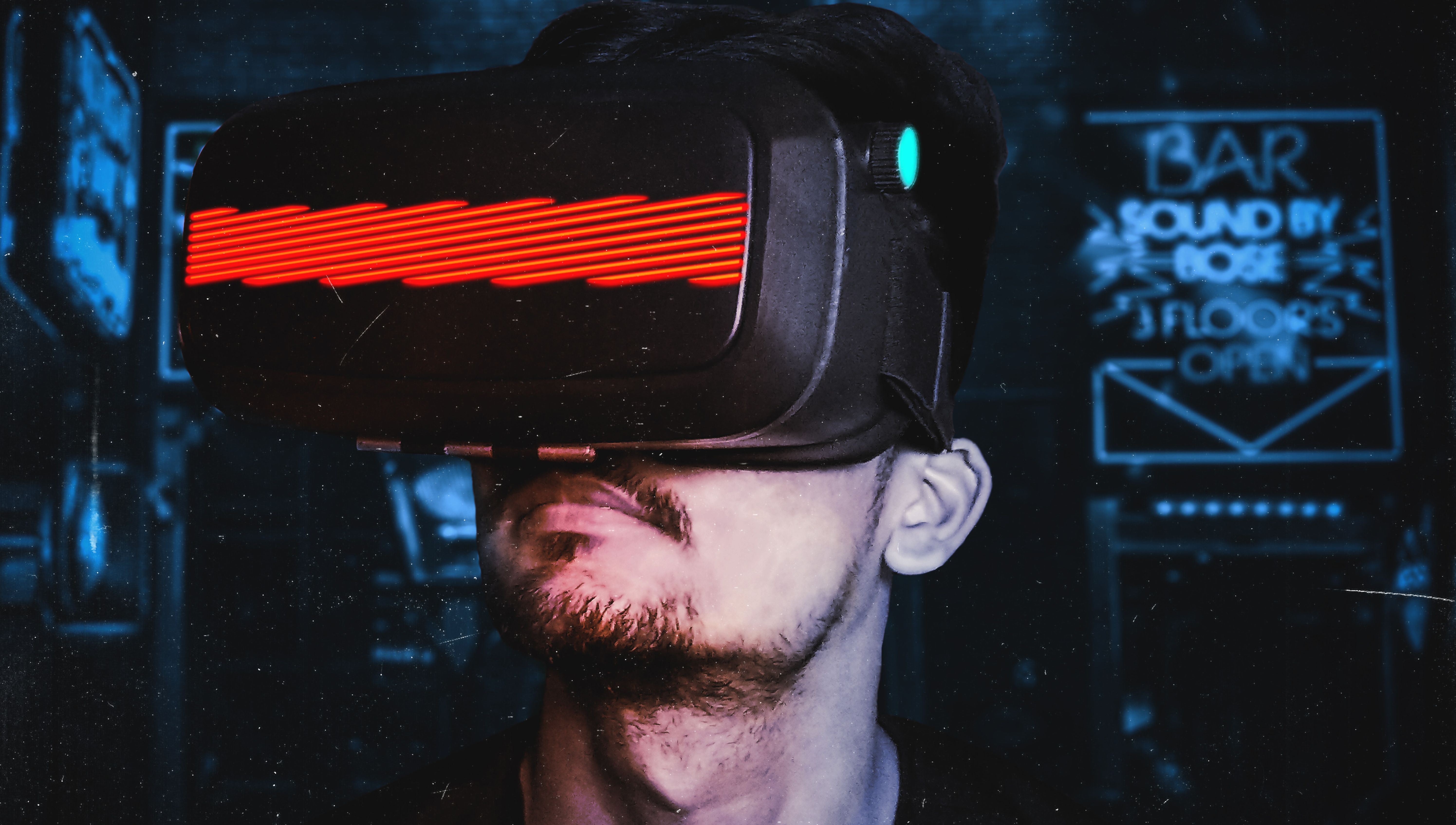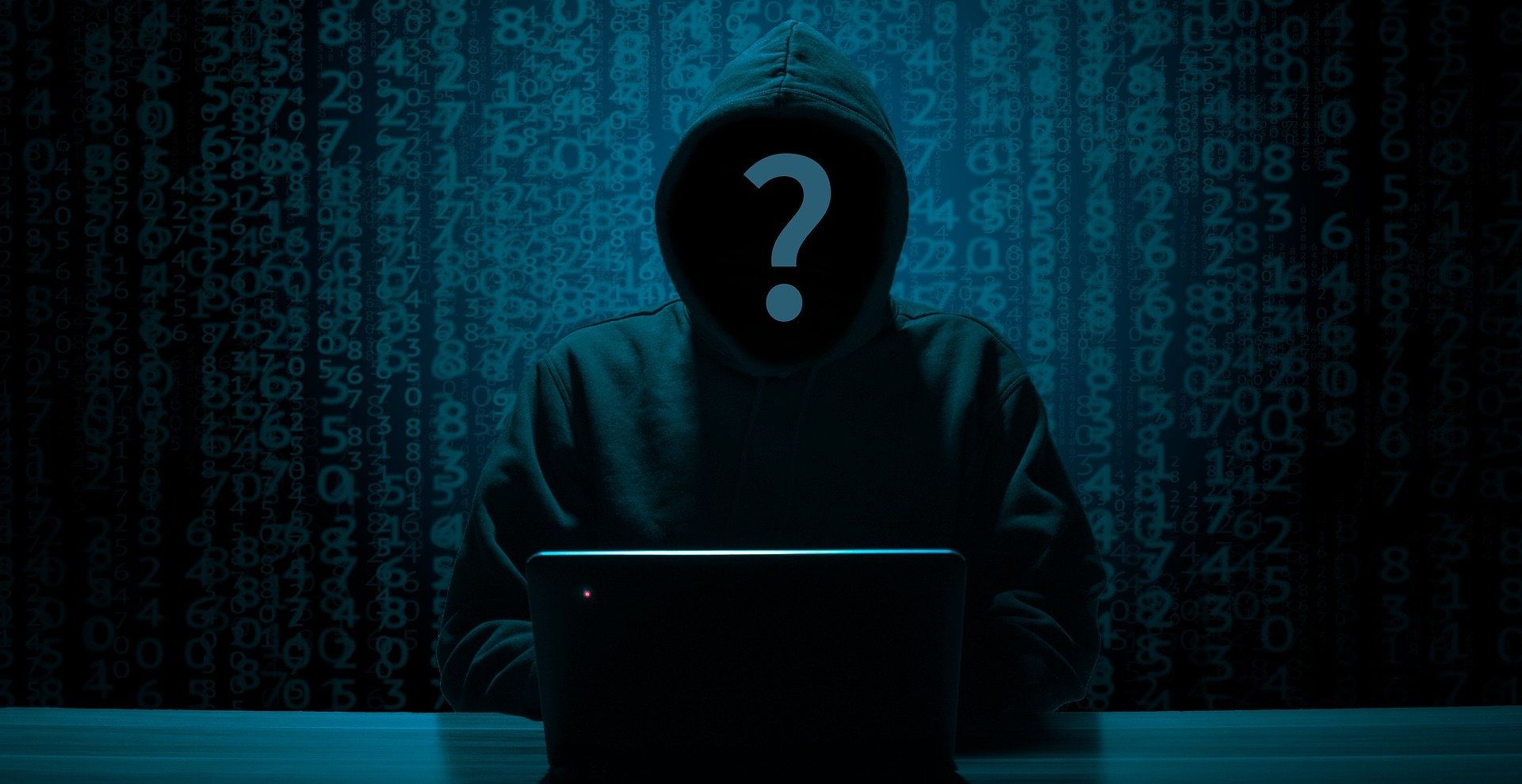The possible uses for the metaverse make it an incredibly exciting concept, but, as with anything in the tech world, there are things that need to be done to control its use. Metaverse safety features need careful consideration and development to protect users. So, which safety features, in particular, are necessary for a truly safe metaverse?
1. Rules and Regulations
If there's one thing a virtual world needs, it's rules and regulations. If the metaverse will operate similarly to the real world, with people virtually interacting, buying and selling assets, and taking part in social events, it's crucial that there are parameters within which users must exist. While the idea of an ungoverned world may sound exciting, troublesome users could create problems for other users and even make certain services or games unsafe to use.
This is why every space within the metaverse needs to prioritize guidelines and rules. Parameters placed on abusive language, theft, user impersonation, and other cybercrime are vital to preventing the metaverse from becoming a Wild West-type environment. While each metaverse space can have its own specific guidelines, there needs to be a shared set of rules among all metaverse projects that stop users from taking advantage of this new technology.
There should also be rules placed on advertisers within the metaverse so that they don't overwhelm users and make it an unpleasant environment. Repeated pop-ups and sponsored content may make for a very irritating experience, so it's not just users that need to abide by the rules, but companies must do so too.
2. User Protection
One of the most important parts of any online platform is its users, which will still be the case within the metaverse. Protecting users must be paramount within this virtual world, just as it should be in the real world. Such protection can come in a variety of forms, but providing users with adequate levels of privacy and security should be at the top of the list.
On top of this, users should be able to report if another user has acted inappropriately towards them or if something else happens that upsets or worries them. Allowing users to make complaints in this way could also help the metaverse improve its safety features.
Companies within the metaverse are already developing ways to protect users from dealing with abusive behavior. For example, Meta's Personal Boundary feature, which stops users' avatars from getting any less than two feet away from each other, could help in preventing attempts of physical abuse.
But this is just a start in the lengths that need to be taken to protect users when they enter the metaverse effectively. This space could become a target for predators and other criminals that want to take advantage of users' vulnerability, so developers need to put user safety first.
3. Appropriate Penalties
If a user misbehaves or commits a crime within the metaverse, the appropriate penalties will need to be put in place. But this becomes a little more difficult when we shift from the real to the virtual world.
The idea of crime within the metaverse has been discussed at length, as it's hard to determine whether a virtual crime can be considered the same as a real one. Let's say, for example, that a user within the metaverse began acting very inappropriately towards another user. This could mean abusive language, harassment, or something similar, but can it be considered the same as that in real life?
Of course, if a user is verbally abusive online, this can quite easily be considered as flat-out verbal abuse in any case. But if a user tries to stalk or harass another user's avatar within the metaverse, can this be considered a real crime? If so, what kind of penalty should be handed out? If not, what is the alternative punishment for the user? Again, this is something that metaverse lawmakers and regulators need to determine before letting things get out of hand.
4. User Identification
These days, it's a little too easy for an individual to do unethical things online and then dodge the repercussions because the relevant authorities just can't identify them. If a user is accessing the metaverse via a VPN, then identifying them when they breach the rules or commit a crime becomes even harder.
Because of this, there may need to be a way through which a user can verify their identity before being allowed to access the metaverse. A passport photo, birth certificate, driver's license, or something similar could be asked for to ensure that a user isn't concealing their identity.
This could also help in preventing identity theft within the metaverse, which is another growing concern. The protection of a user's identity within the metaverse should be paramount, so requiring someone to identify themselves when creating their account and avatar could cut identity theft down drastically. Users could also be asked to verify their ages so that minors aren't allowed into unsafe spaces within the metaverse.
5. Usage Restrictions
When someone has the ability to enter a virtual world that's more enjoyable than their own reality, addiction can become a problem very quickly, with many wondering about the metaverse's effect on mental and physical health. With regular online shopping, gaming, and socializing, we're often still within the real world. But immersing ourselves in another reality in which we can create new friends, buy new products and land, and, in a sense, live new lives, there is a danger of over-use if limitations aren't put in place.
While it will be difficult to totally stop someone from using the metaverse if their activity levels are getting too high, warnings and suggestions could be introduced to notify users when they've been using the metaverse for too long or allow users to set time limits on their usage, as apps like Instagram and YouTube already do.
The Metaverse Is Hugely Exciting but Needs Monitoring
In short, developing the metaverse without any rules or restrictions could become messy in a very short period. Though it's important to provide users with a fun and freeing experience, keeping them protected while also preventing them from acting immorally is just as crucial to making the metaverse a safe and sustainable virtual space.






